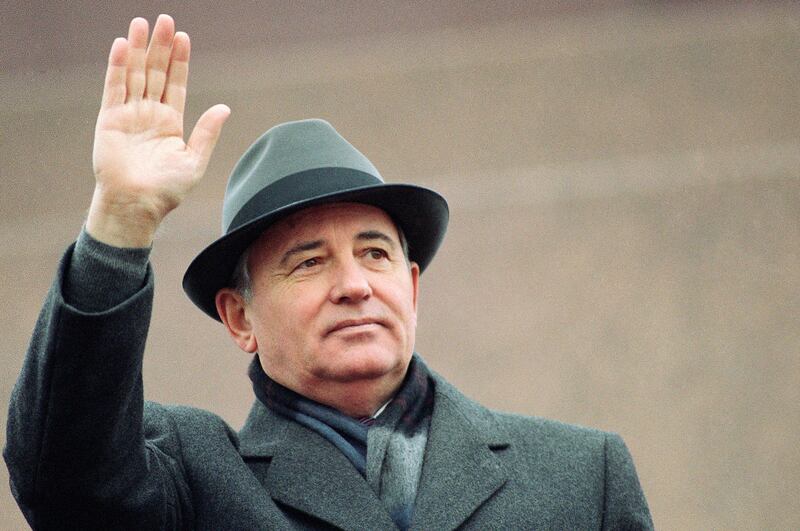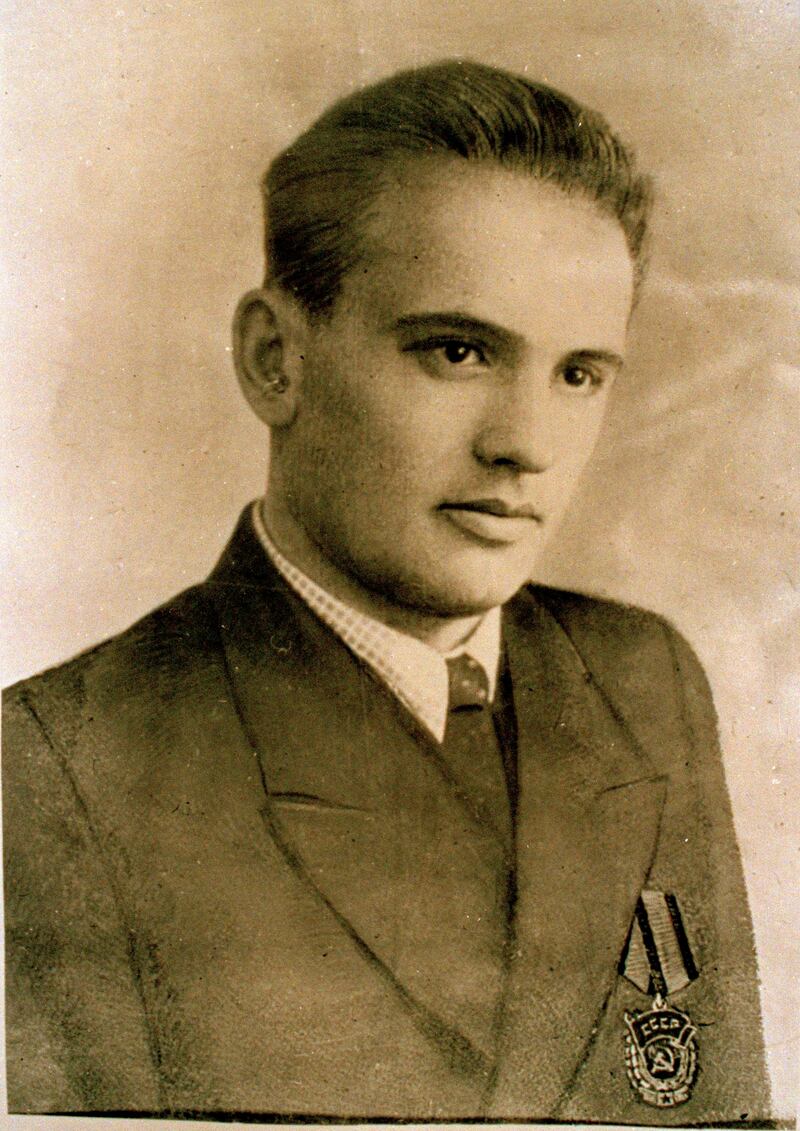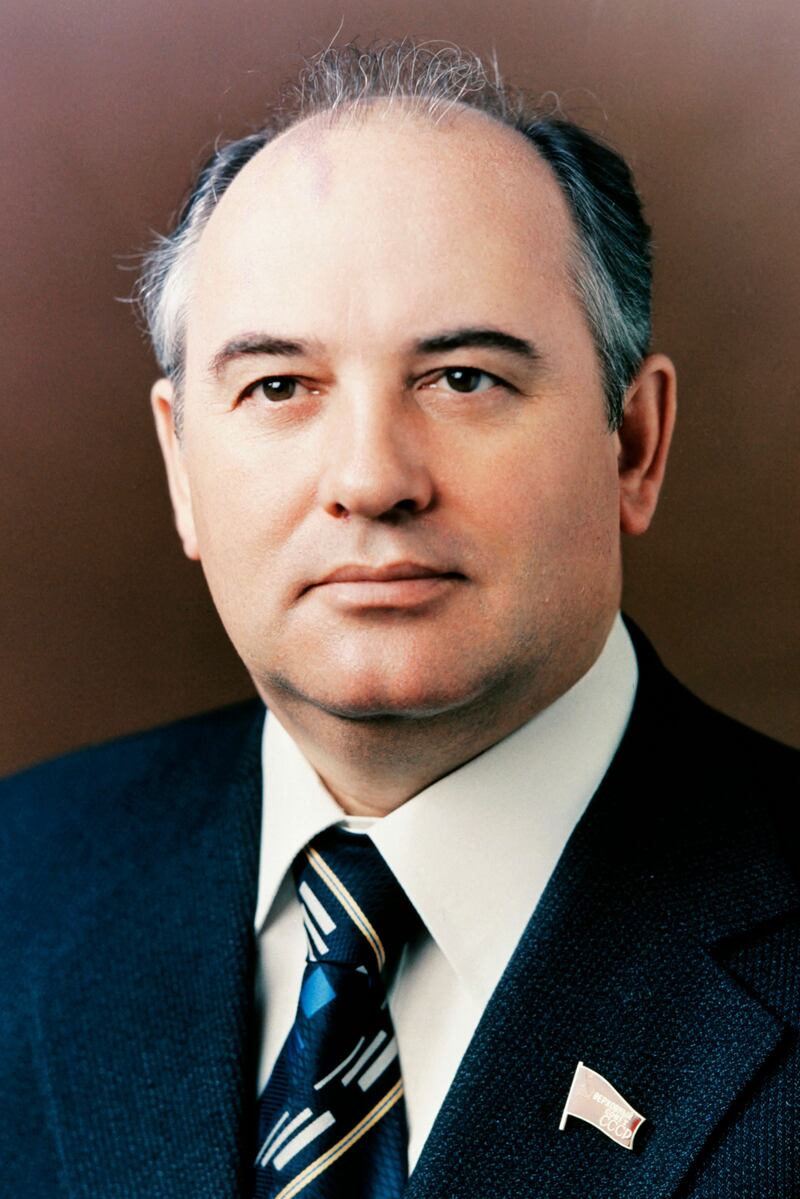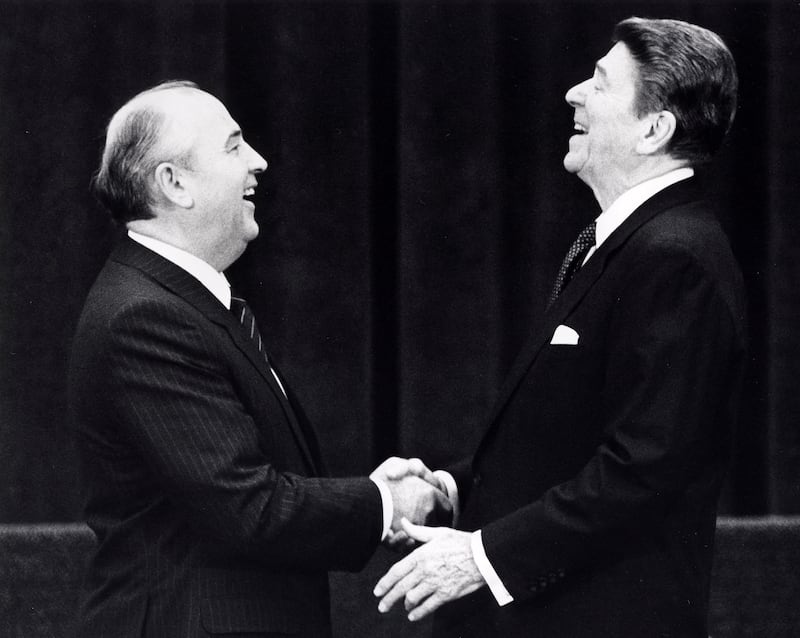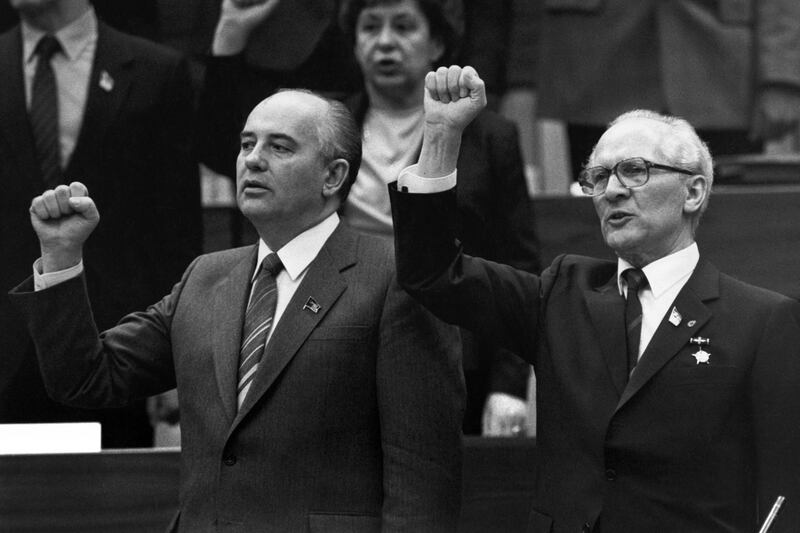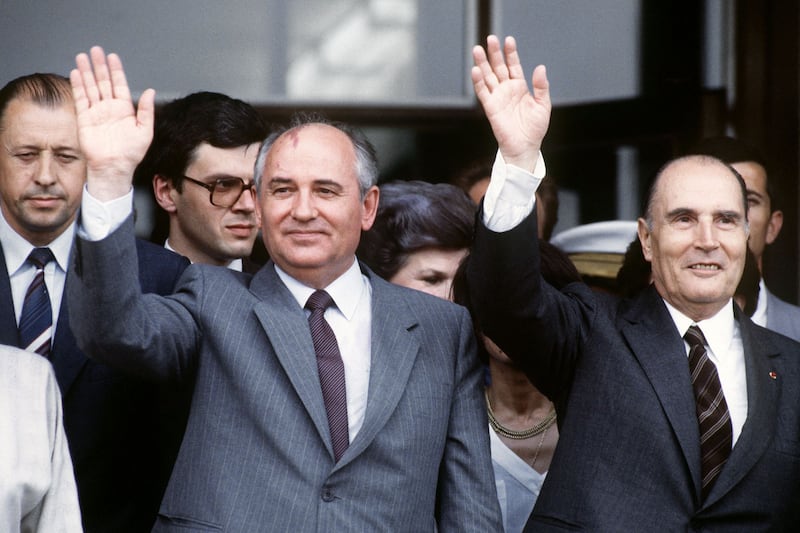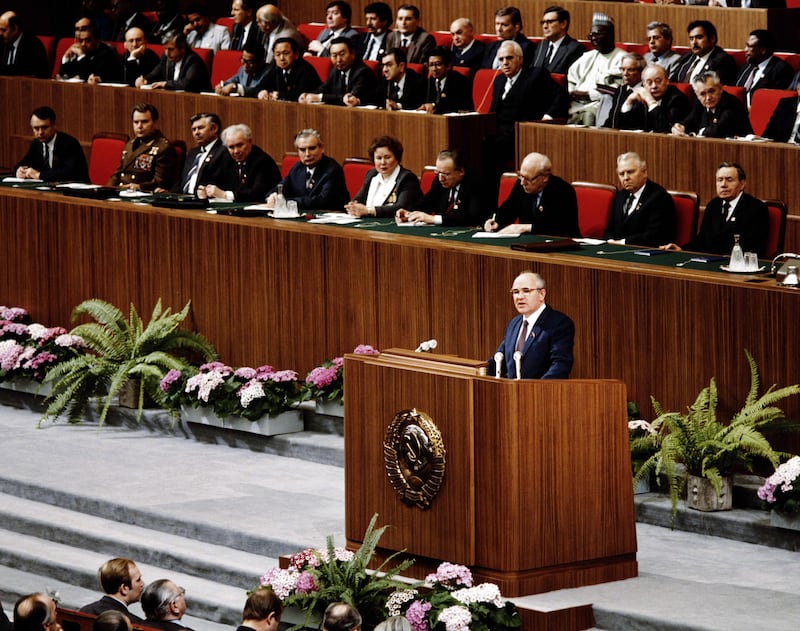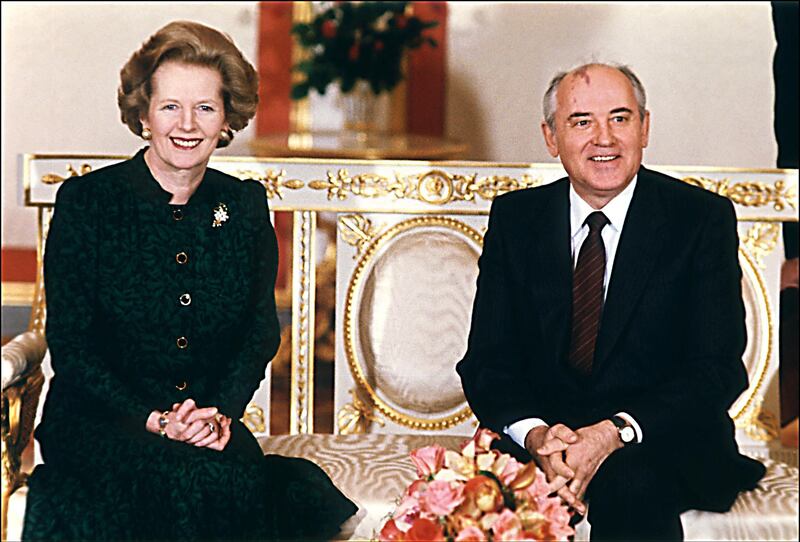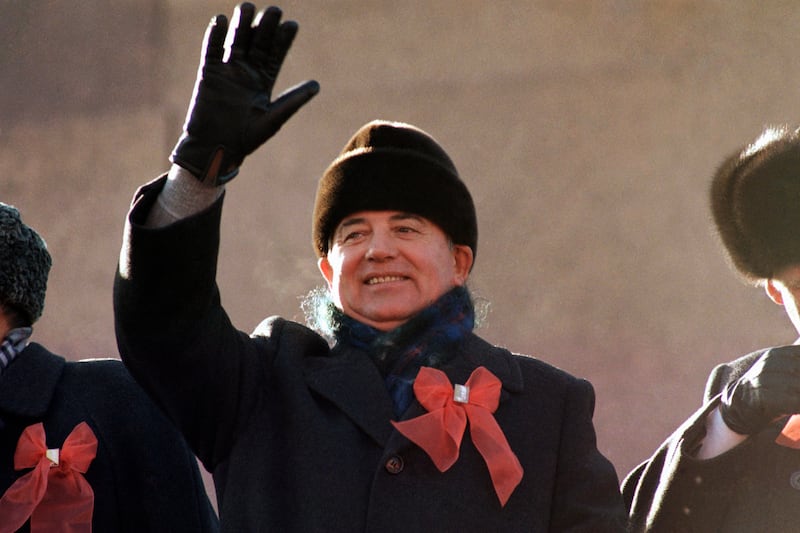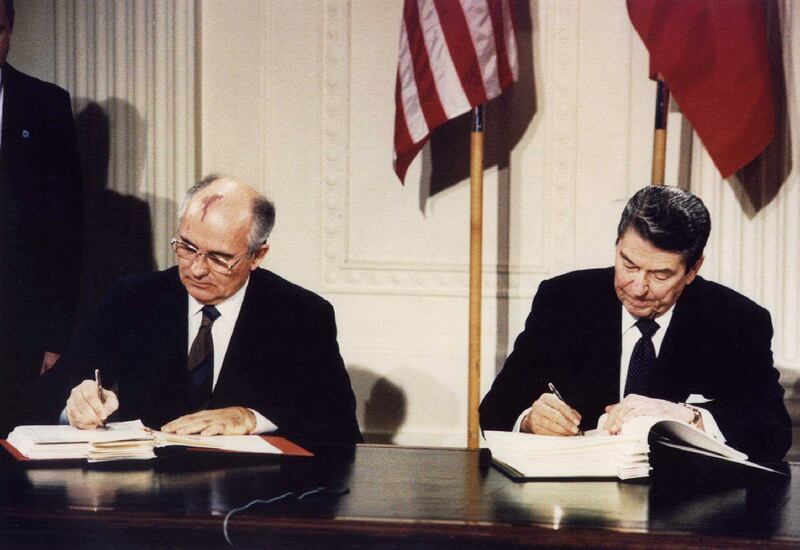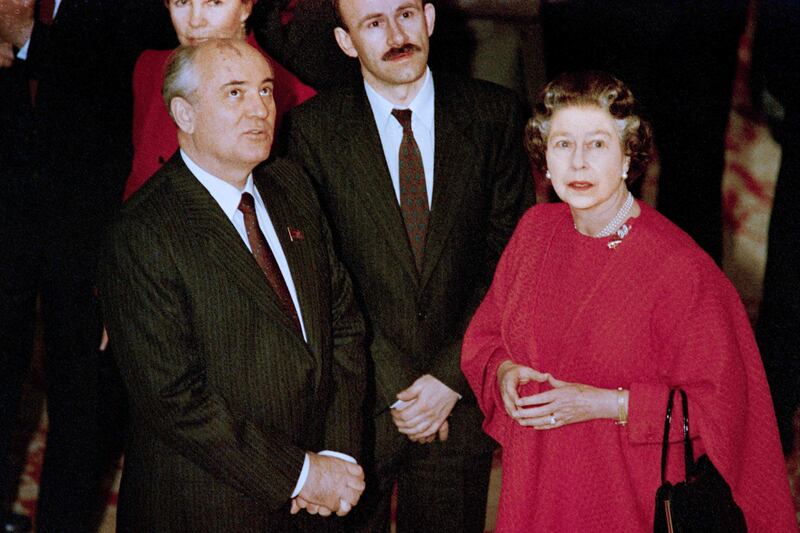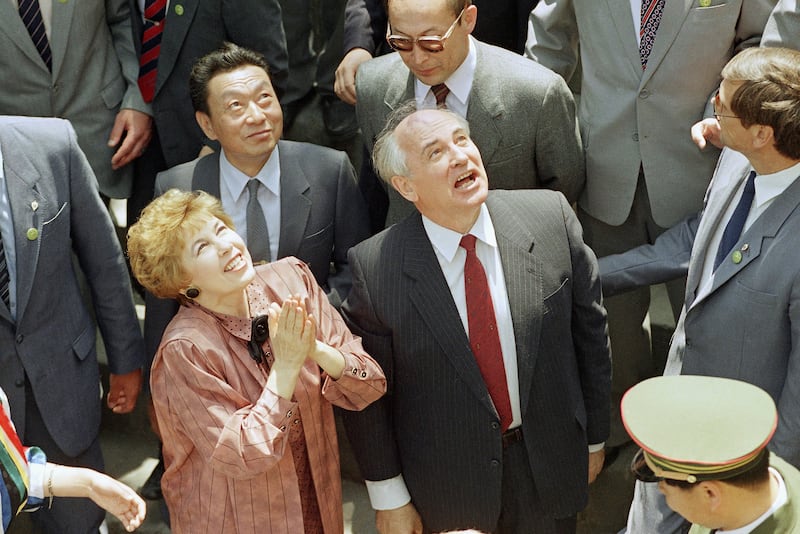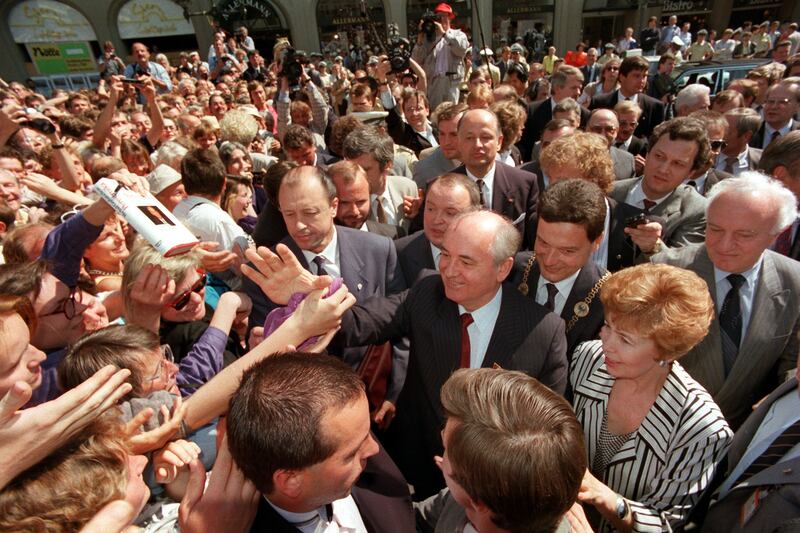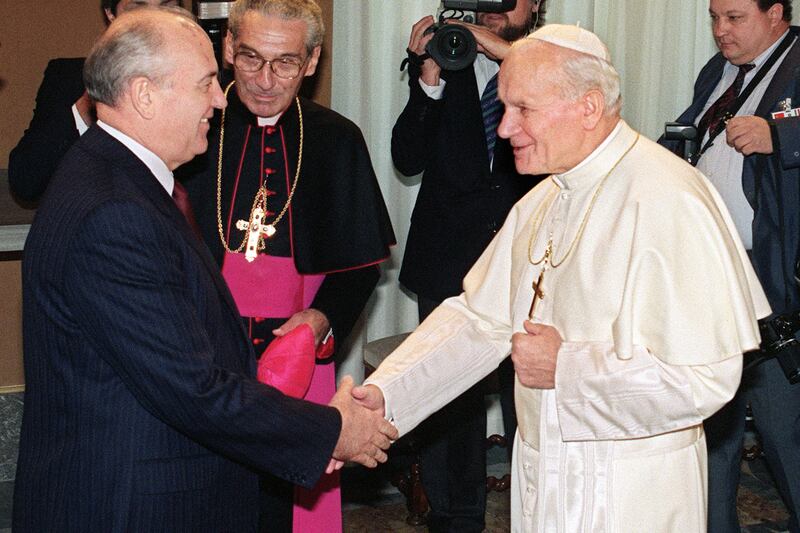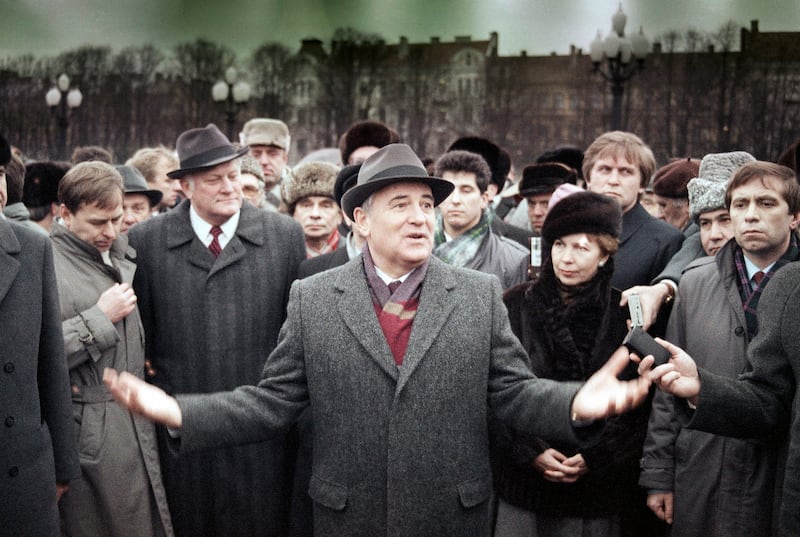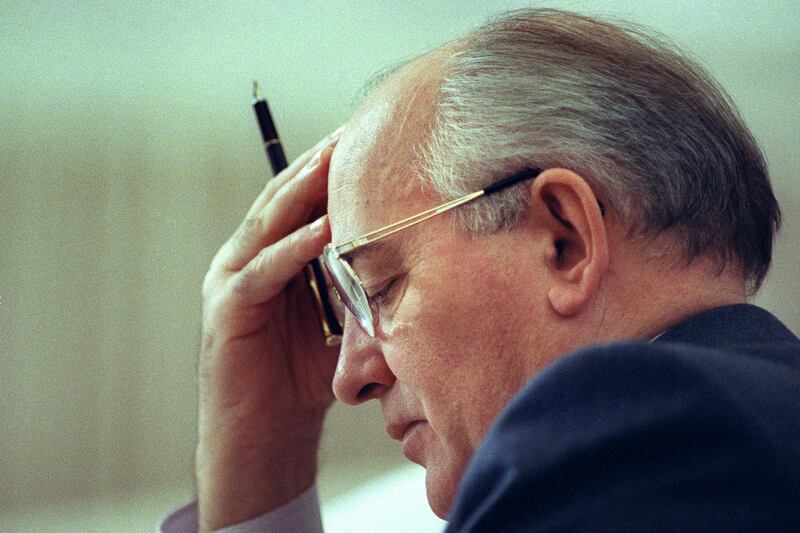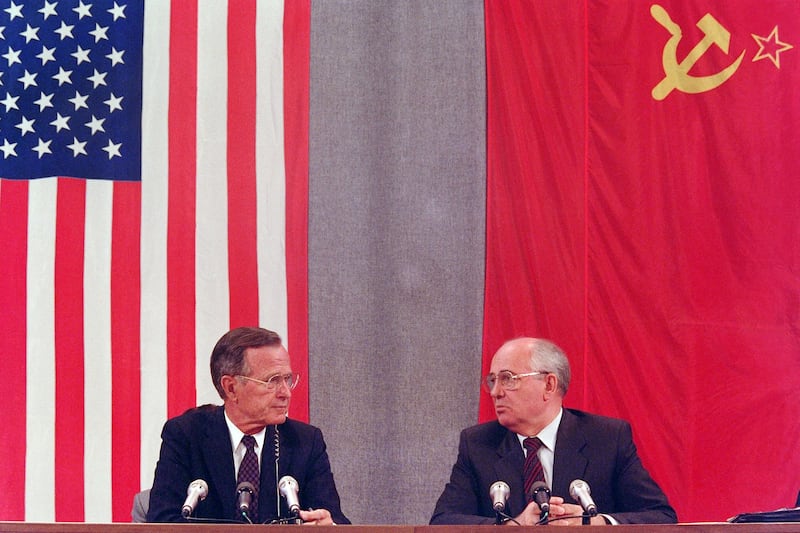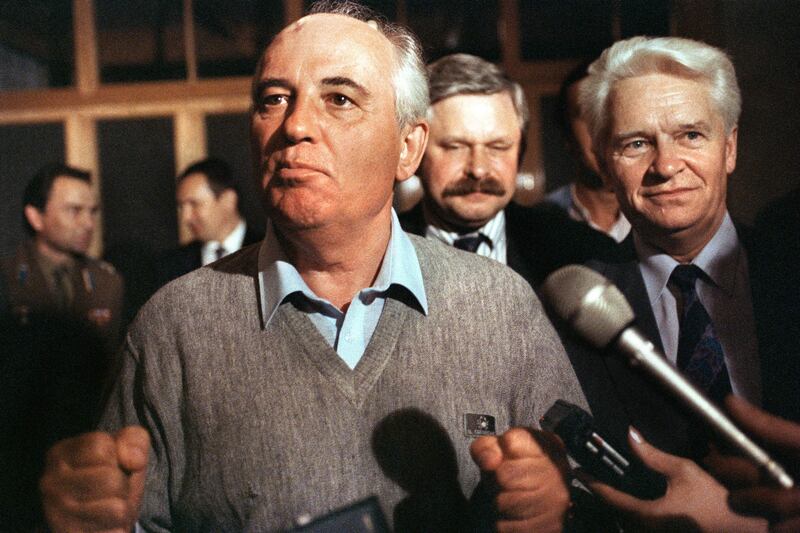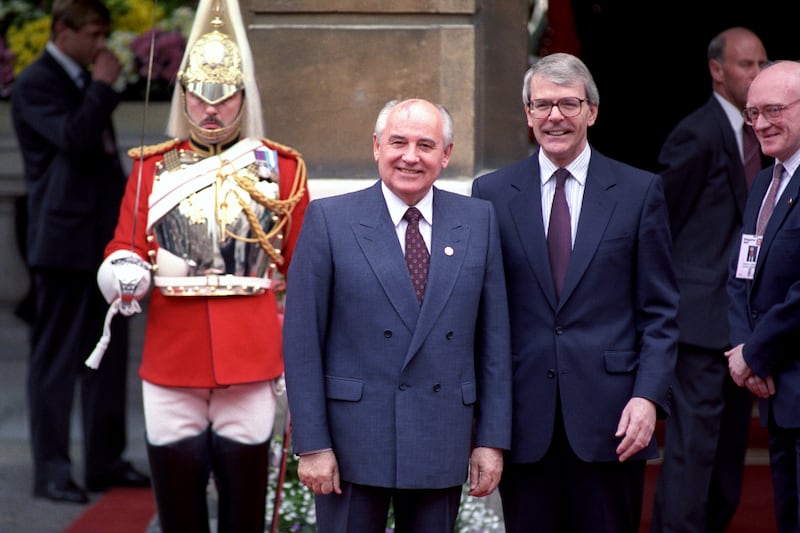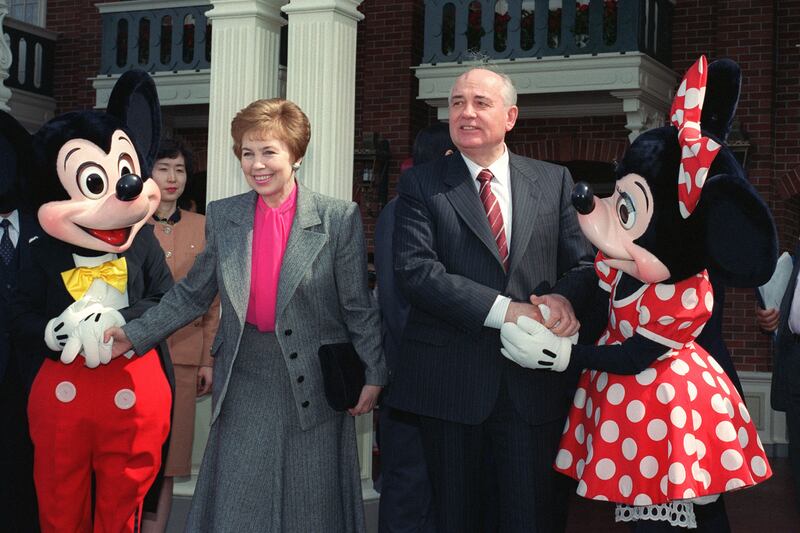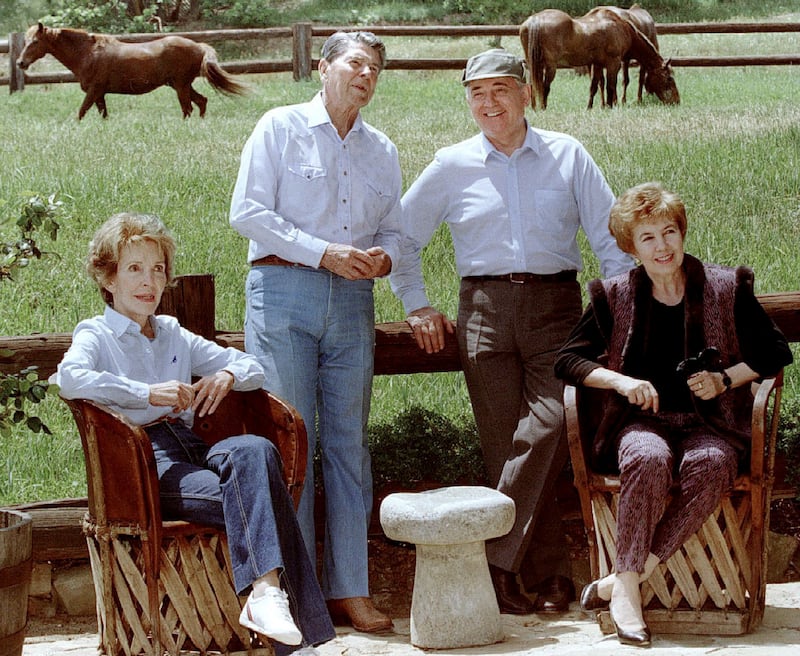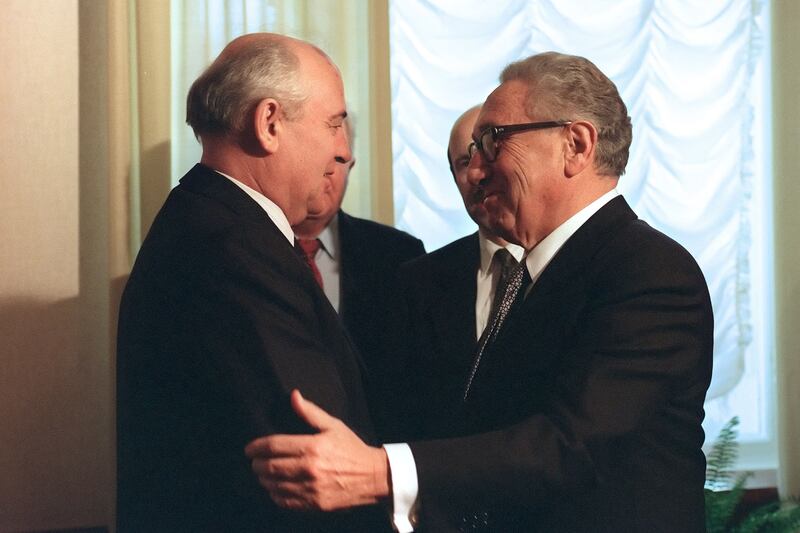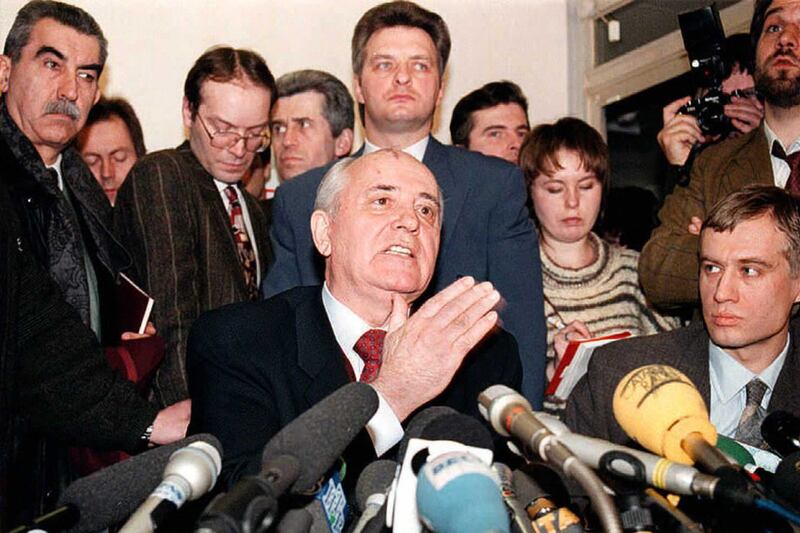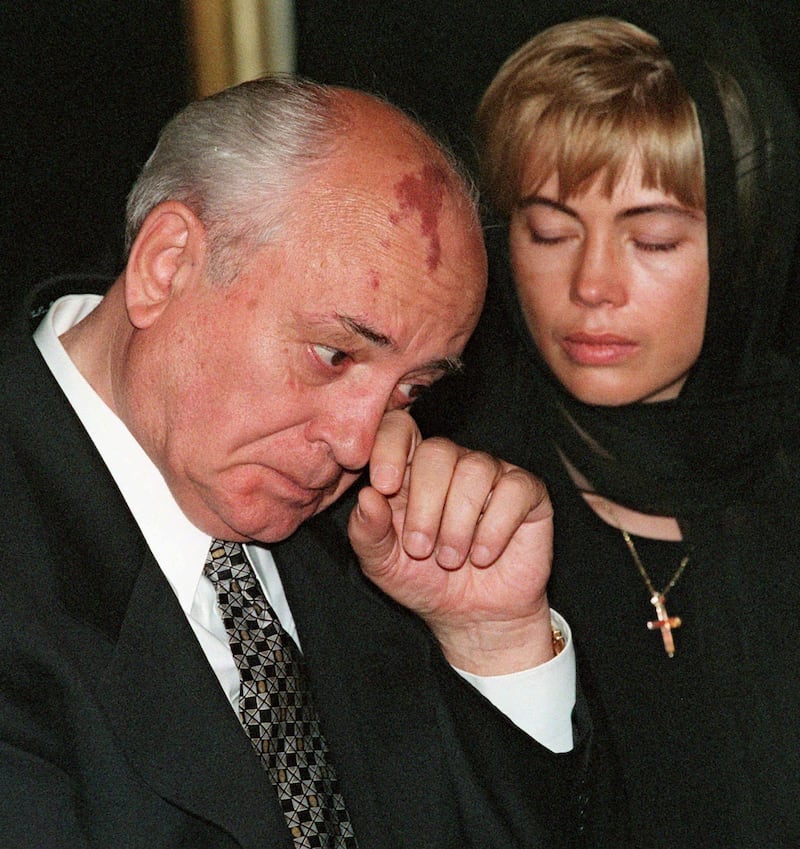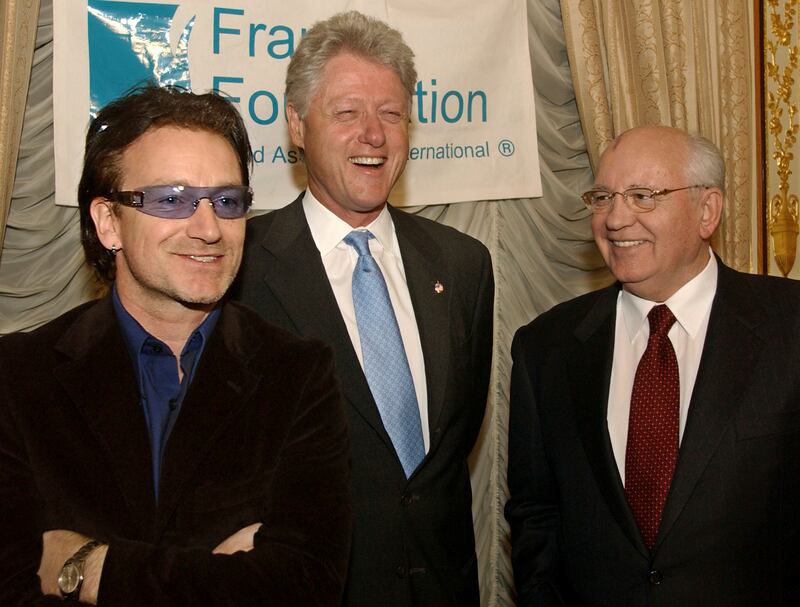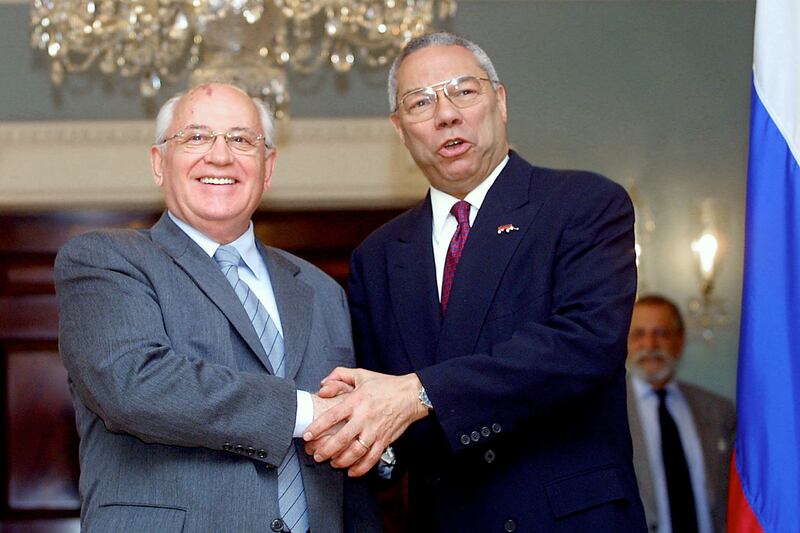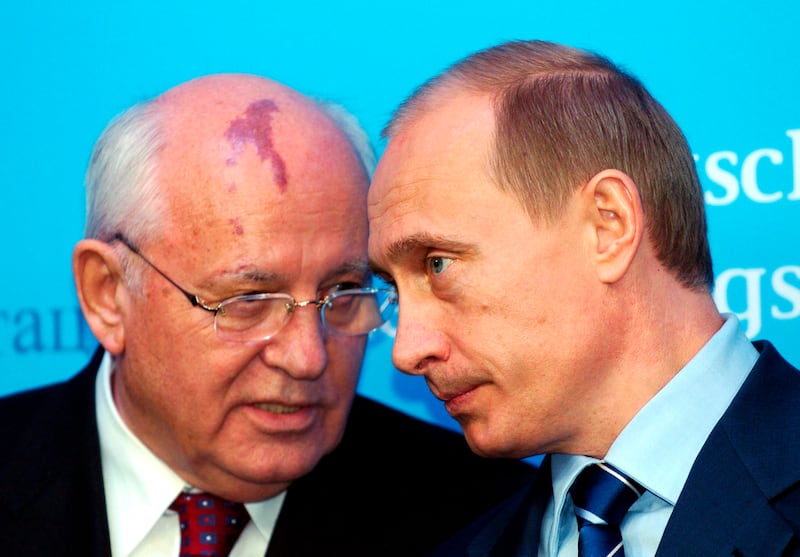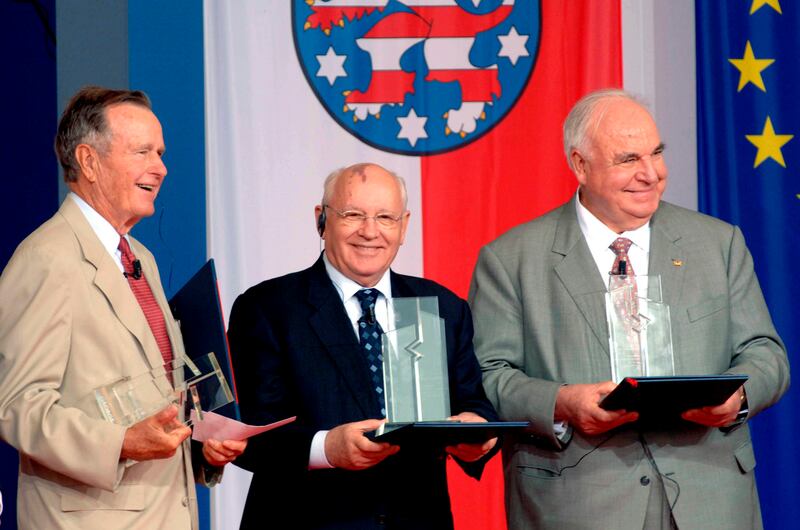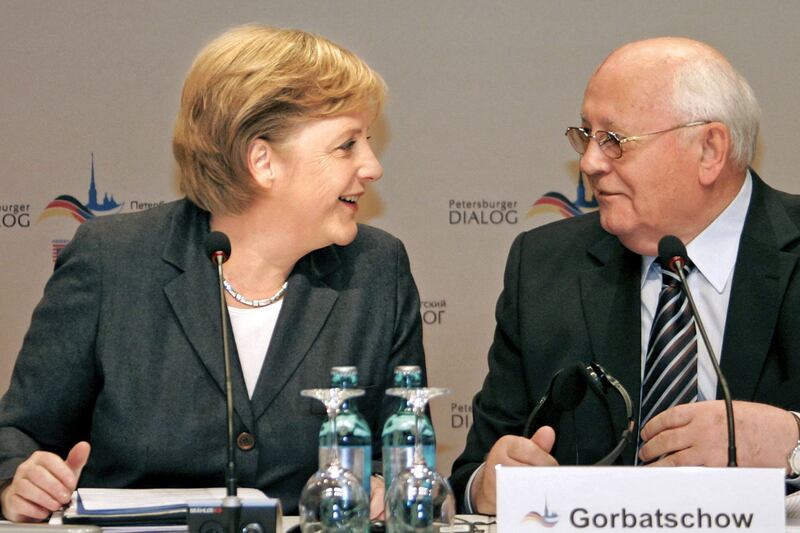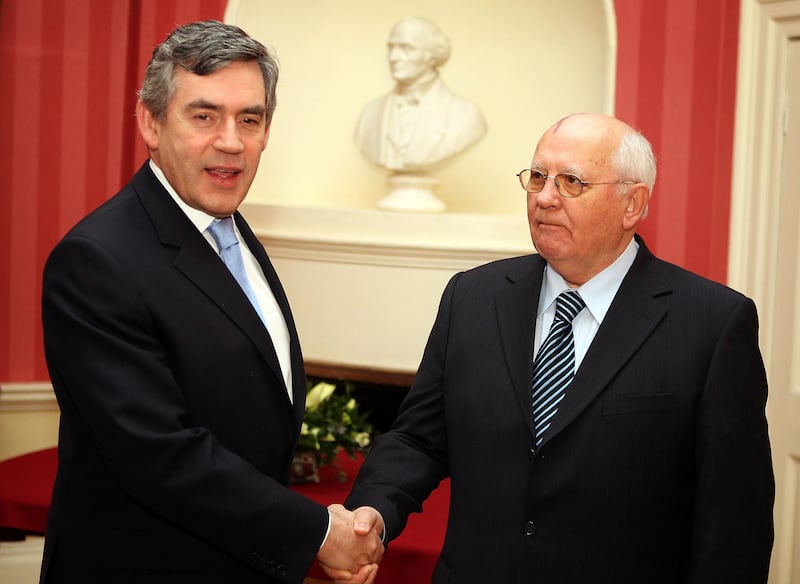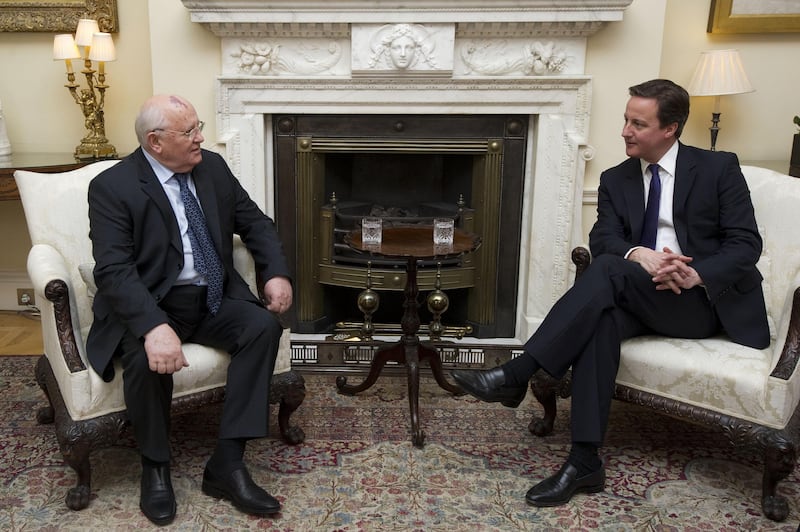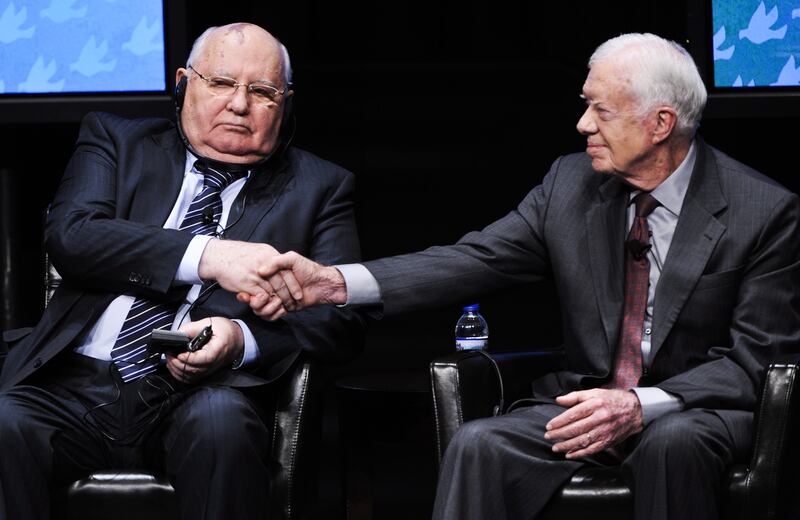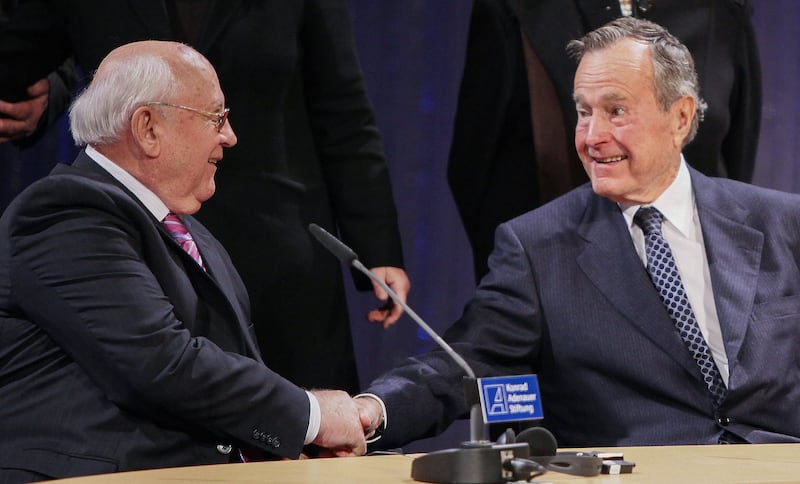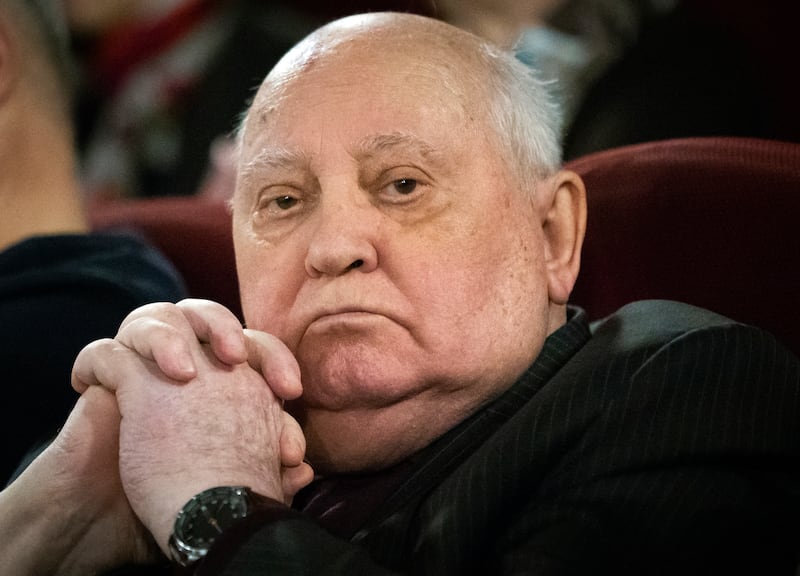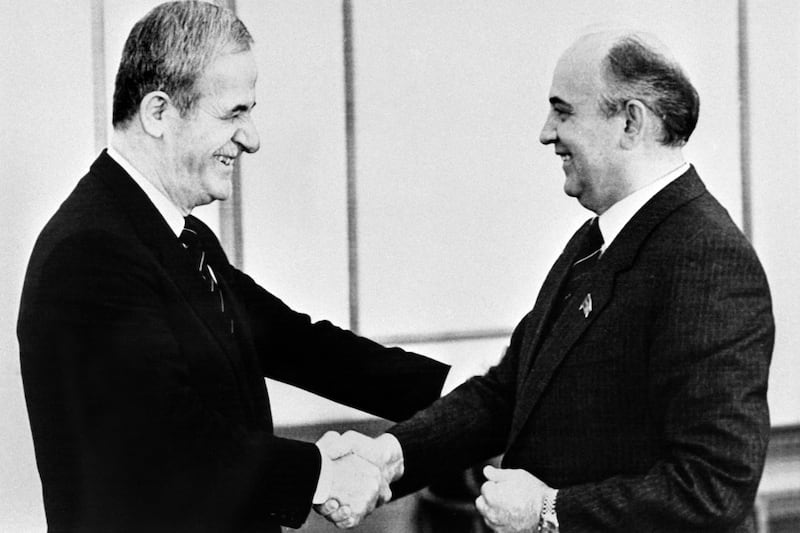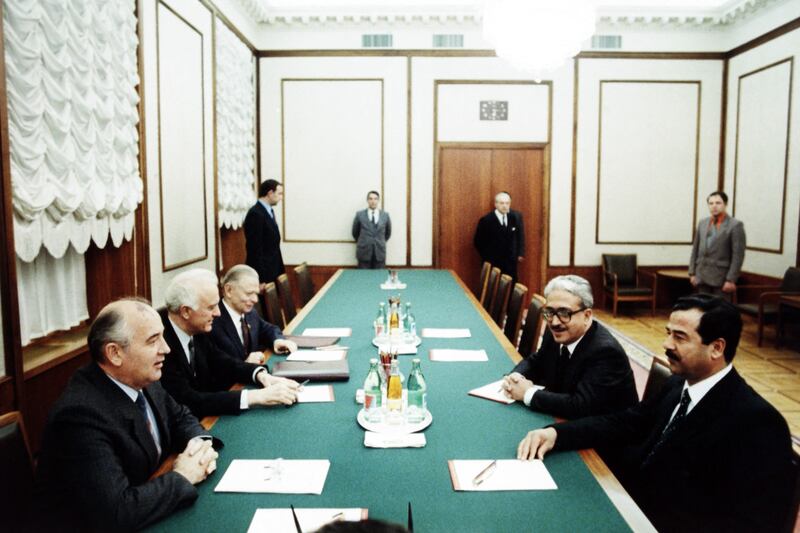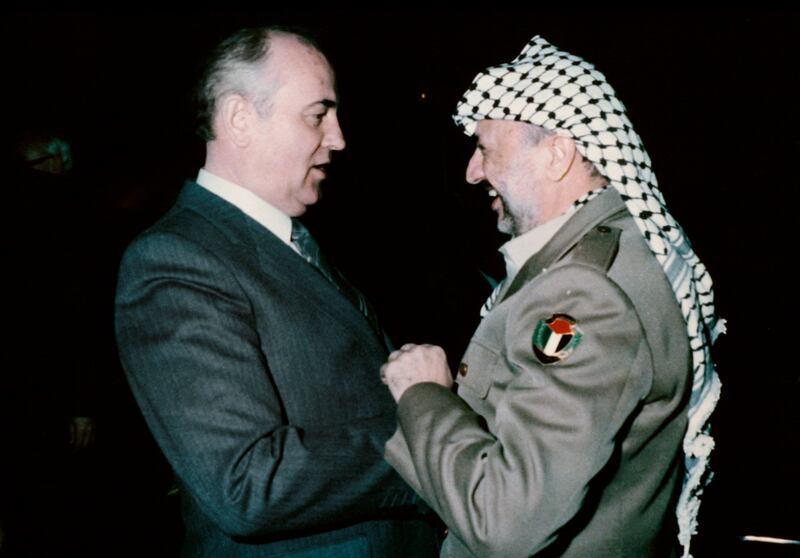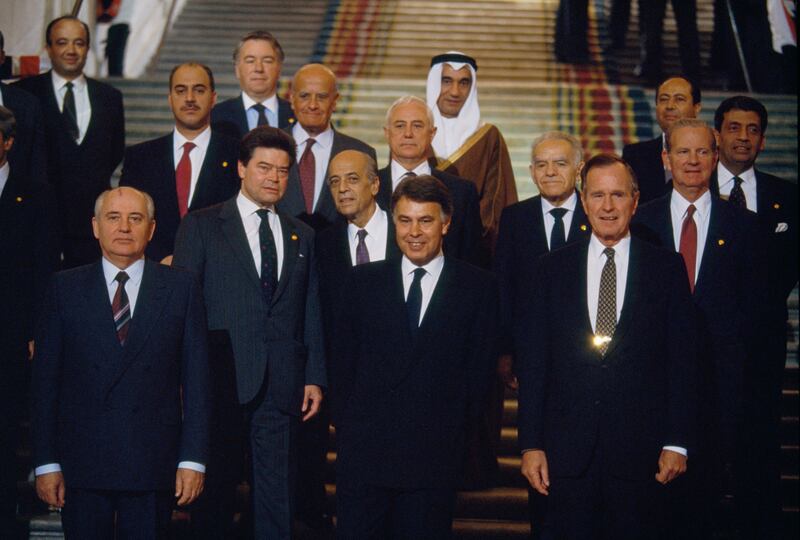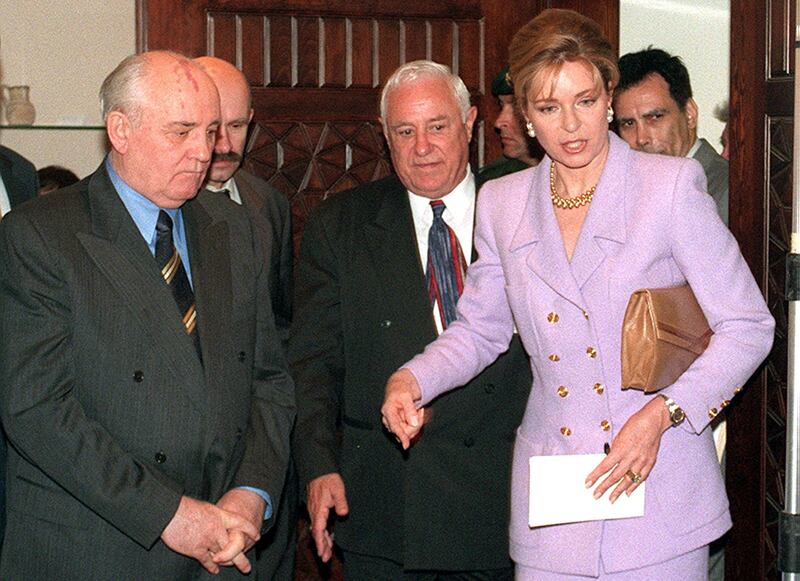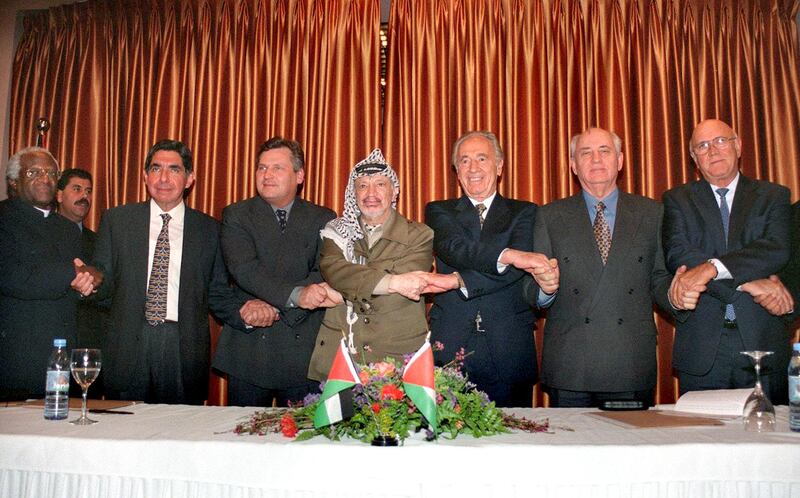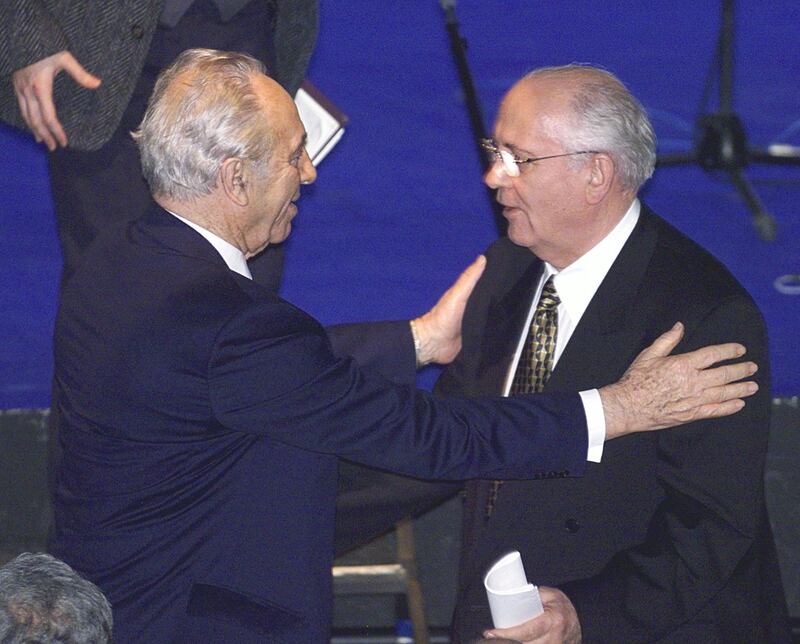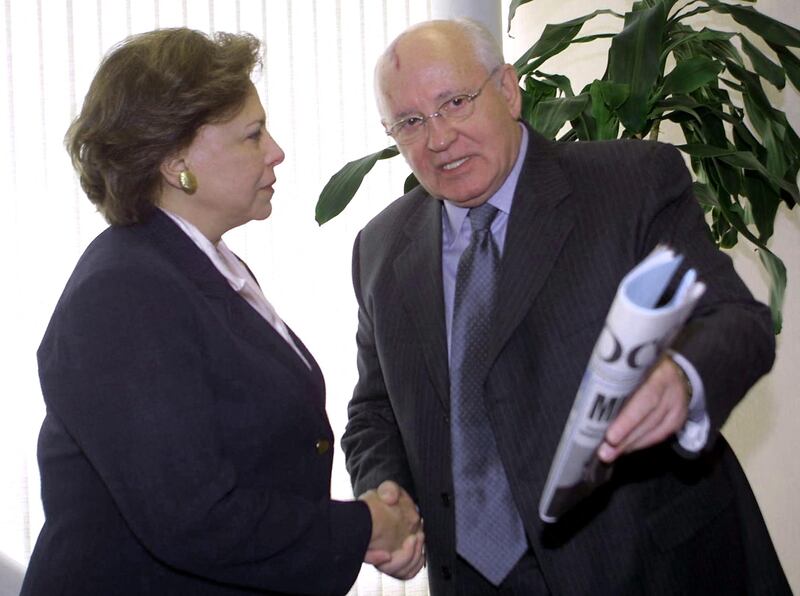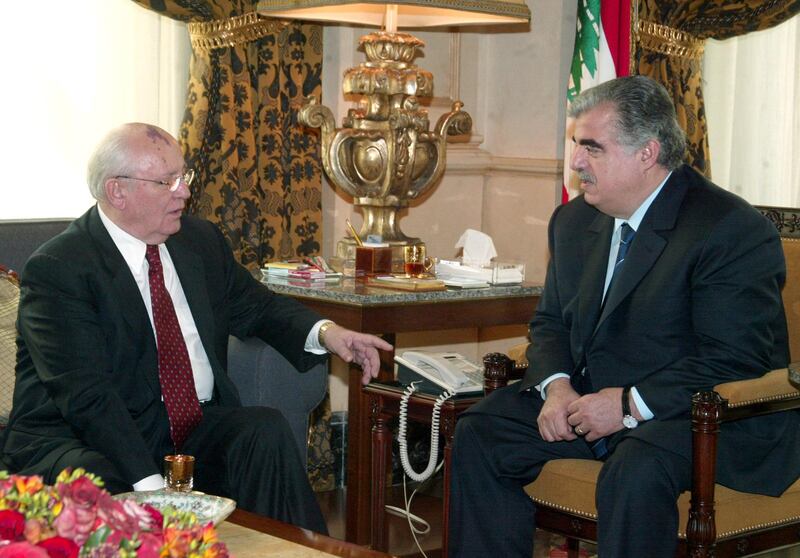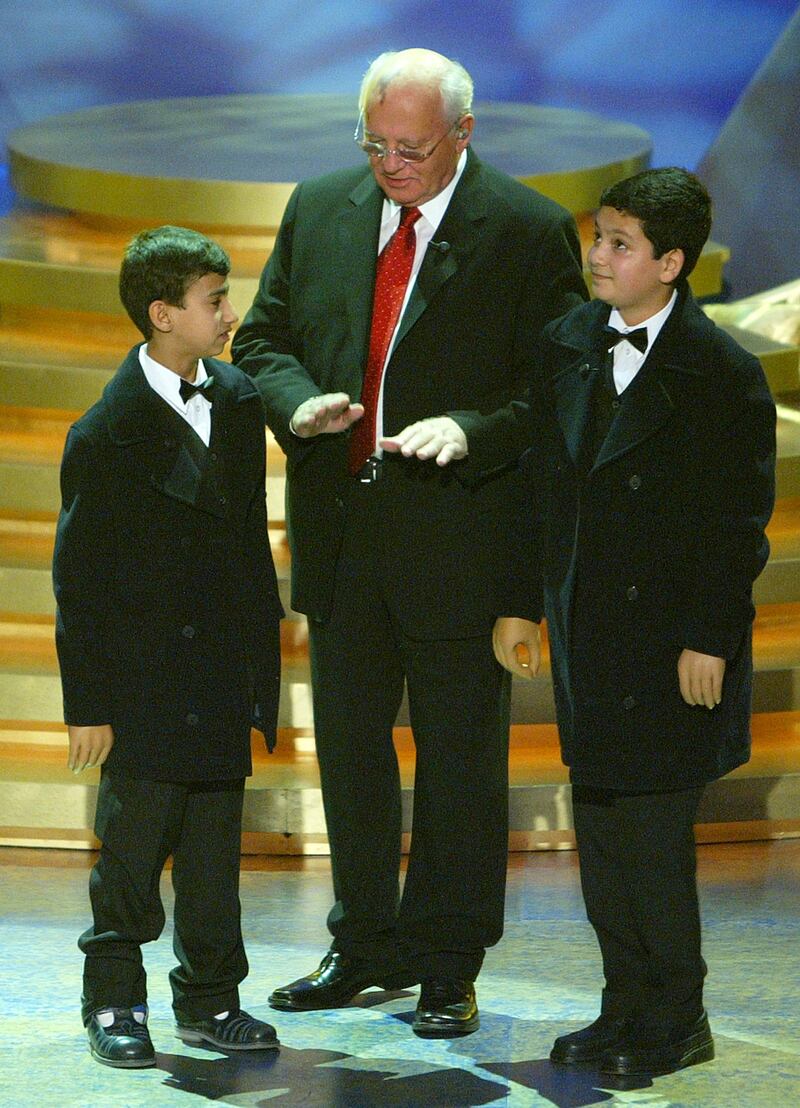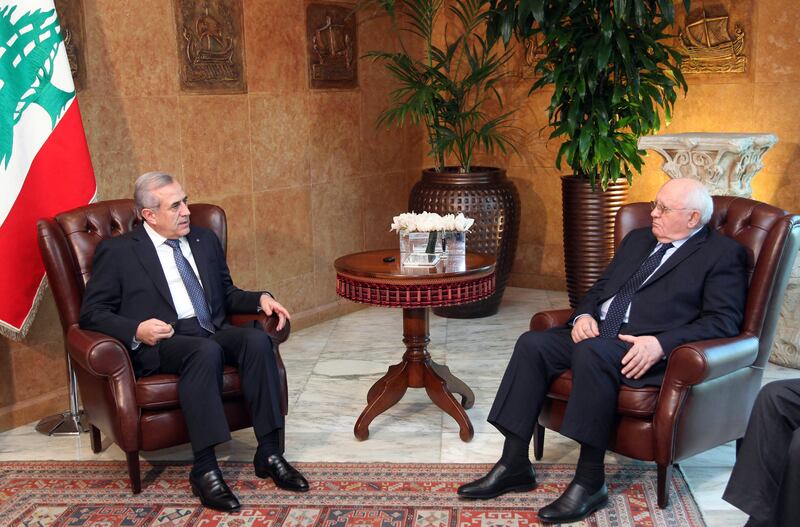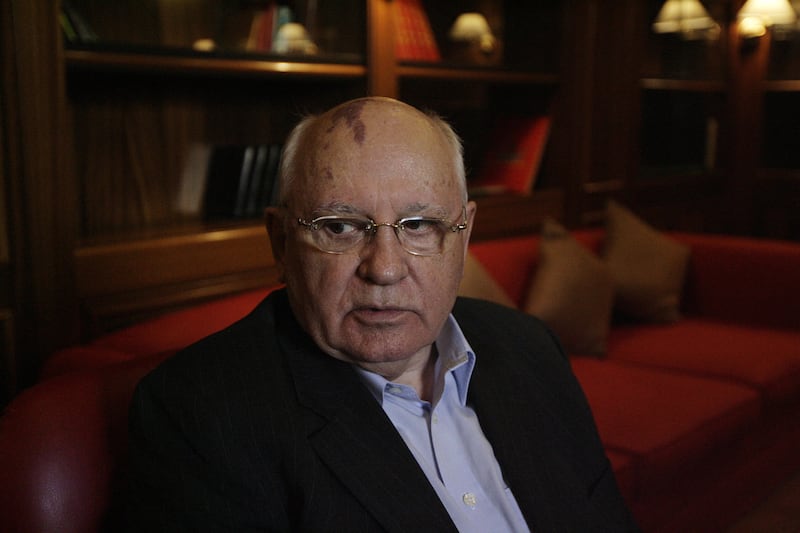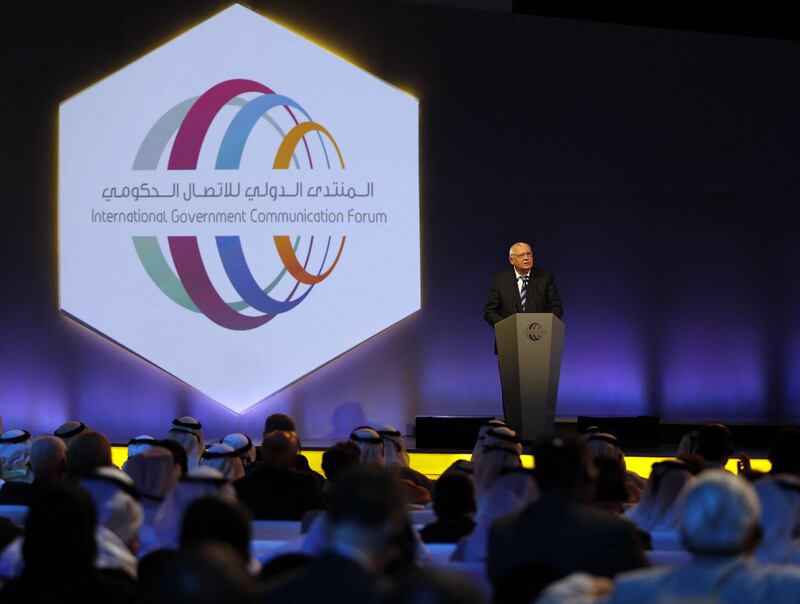The last leader of the Soviet Union, former president Mikhail Gorbachev, has died aged 91, Russian news agencies reported on Tuesday.
“Mikhail Sergeyevich Gorbachev died this evening after a serious and long illness,” the Central Clinical Hospital in Moscow told Russian agencies.
Gorbachev was in power between 1985 and 1991 and was the last surviving Cold War leader.
He spent much of the past two decades on the political periphery.
He called for the Kremlin and the White House to mend relations as tension soared to Cold War levels after Russia annexed Crimea in 2014 and launched an offensive in Ukraine this year.
Gorbachev spent the twilight years of his life in and out of hospital with deteriorating health, and stayed in quarantine during the coronavirus pandemic as a precaution against Covid-19.
He was remembered fondly in the West, where he was referred to affectionately as “Gorby”. He was best known for defusing US-Soviet nuclear tension in the 1980s, and bringing Eastern Europe out from behind the Iron Curtain.
Gorbachev won a Nobel Peace Prize in 1990 for negotiating a nuclear arms pact with US president Ronald Reagan.

His decision to withhold the Red Army when the Berlin Wall fell a year earlier was regarded as crucial to preserving Cold War peace.
He was also praised in the West for leading reforms to achieve transparency and greater public discussion that hastened the break-up of the Soviet empire.
Gorbachev will be buried in Moscow's Novodevichy Cemetery next to his wife Raisa, who died in 1999, Tass news agency reported.
Late on Tuesday, there were tributes to Gorbachev from around the world.
In the UAE, Dr Anwar Gargash, diplomatic adviser to the President, called Gorbachev a "historical" figure.
"Mikhail Gorbachev, who left us yesterday, is a historical and tragic figure at the same time," Dr Gargash wrote on Twitter.
"He sought to reform the Soviet Union and co-operate with the international system, ending the Cold War, the intervention in Afghanistan and the arms race, to finally see the disintegration of the union due to history and the economy. The lesson is that history is written by results, not intentions."
Despite Gorbachev's often difficult relationship with President Vladimir Putin, the Russian leader nonetheless expressed his sadness.
“President Putin expresses his deep sympathies over the death of Mikhail Gorbachev. In the morning, he will send a telegram of condolences to his family and friends,” Kremlin spokesman Dmitry Peskov told Russian news agencies.
UN Secretary General Antonio Guterres said: “The world has lost a towering global leader, committed multilateralist and tireless advocate for peace.”
He also said he was “deeply saddened” to learn of his passing and added he was “a one-of-a-kind statesman who changed the course of history”.
“He did more than any other individual to bring about a peaceful end to the Cold War,” Mr Guterres said.
EU Commissioner Ursula von der Leyen praised Gorbachev as a “trusted and respected leader”.
“He played a crucial role to end the Cold War and bring down the Iron Curtain. It opened the way for a free Europe. This legacy is one we will not forget,” she said on Twitter.
Departing British Prime Minister Boris Johnson also paid tribute to Gorbachev on Twitter.
“I’m saddened to hear of the death of Gorbachev," he said.
“I always admired the courage and integrity he showed in bringing the Cold War to a peaceful conclusion.
“In a time of Putin’s aggression in Ukraine, his tireless commitment to opening up Soviet society remains an example to us all.”
Former US secretary of state Henry Kissinger said Gorbachev “performed great services” but was “not able to implement all of his visions”, telling BBC’s Newsnight: “The people of Eastern Europe and the German people, and in the end the Russian people, owe him a great debt of gratitude for the inspiration, for the courage in coming forward with these ideas of freedom.
“He will still be remembered in history as a man who started historic transformations that were to the benefit of mankind and to the Russian people.”
Key dates in the life of ex-Soviet leader Mikhail Gorbachev
- March 2, 1931: Born into a peasant family in the village of Privolnoye in the southern Stavropol region.
- 1946: Starts working as a driver of a combine harvester on a collective farm. Joins Young Communist League.
- 1952: Joins the ruling Communist Party of the Soviet Union, made up of several socialist republics.
- 1953: Marries Raisa Titarenko whom he met at university while studying law. They had a daughter, Irina, in 1957. Raisa died from leukaemia in 1999.
- 1985-1991: Leads the Soviet Union as general secretary of the Communist Party and as president when the post is introduced in 1990.
- October 1985: Presents a modernising economic reform plan known as perestroika.
- 1987: He and the US President Ronald Reagan sign the Intermediate-Range Nuclear Forces treaty on slashing their nuclear arsenals, ending a superpower build-up of warheads.
- 1988-1989: Soviet troops withdraw from Afghanistan, defeated after a 10-year campaign.
- 1990: Gorbachev is awarded the Nobel Peace Prize for reforms leading to the end of the Cold War between Eastern and Western blocs.
- August 1991: Hardline communists attempt failed coup while Gorbachev is on holiday in Crimea. A series of Soviet republics begin declaring independence.
- December 1991: After the leaders of Belarus, Russia and Ukraine conclude that the Soviet Union no longer exists and sign accords for its dissolution, Gorbachev resigns.
- 1996: He stands as an independent in presidential polls but takes only 0.5 per cent of the vote. Boris Yeltsin won the election.
